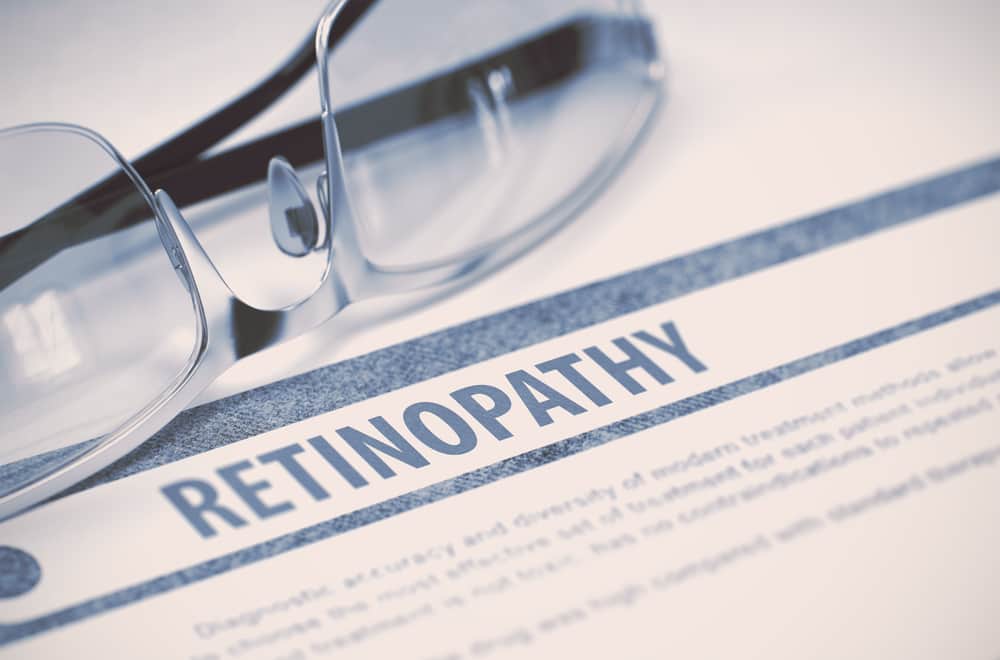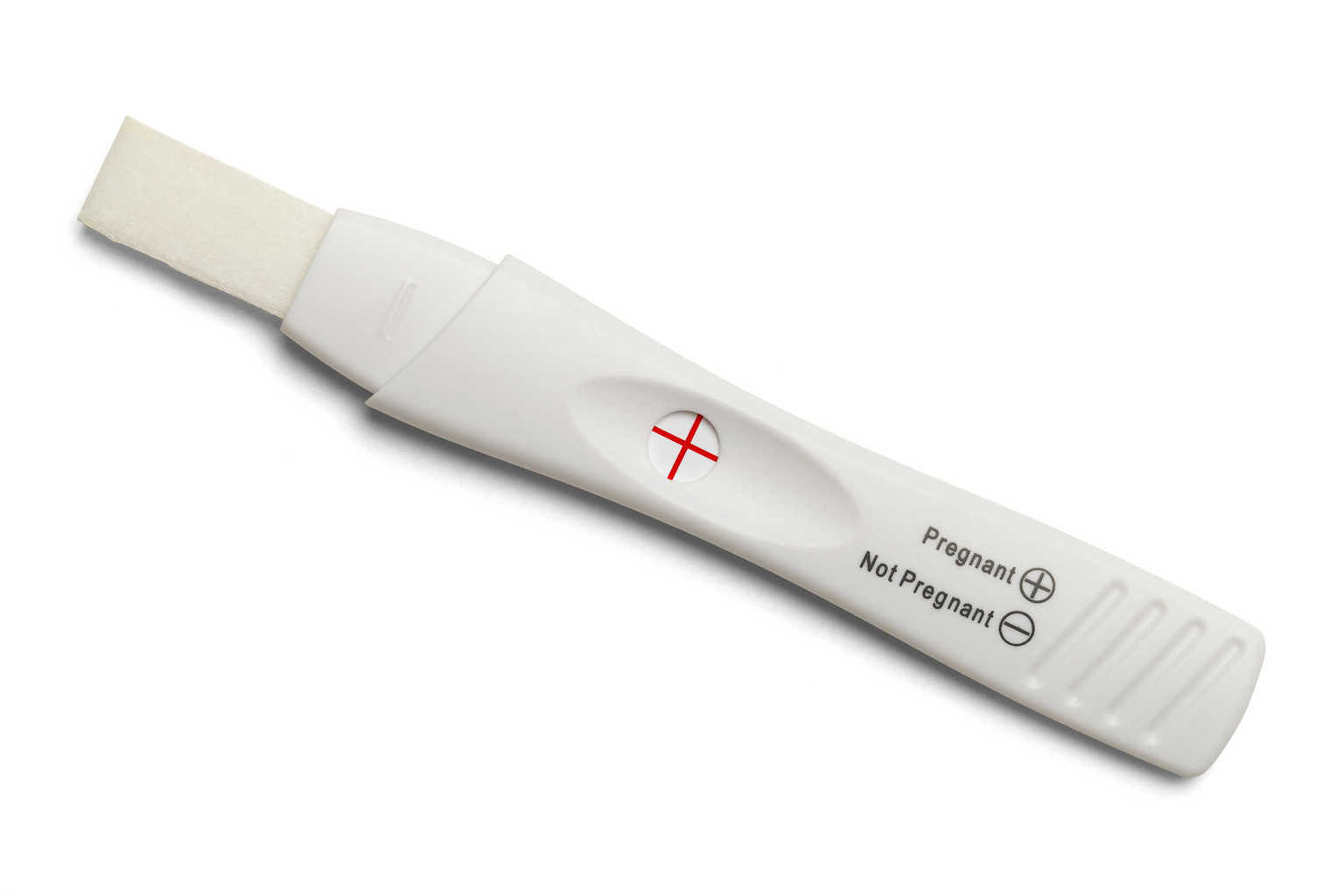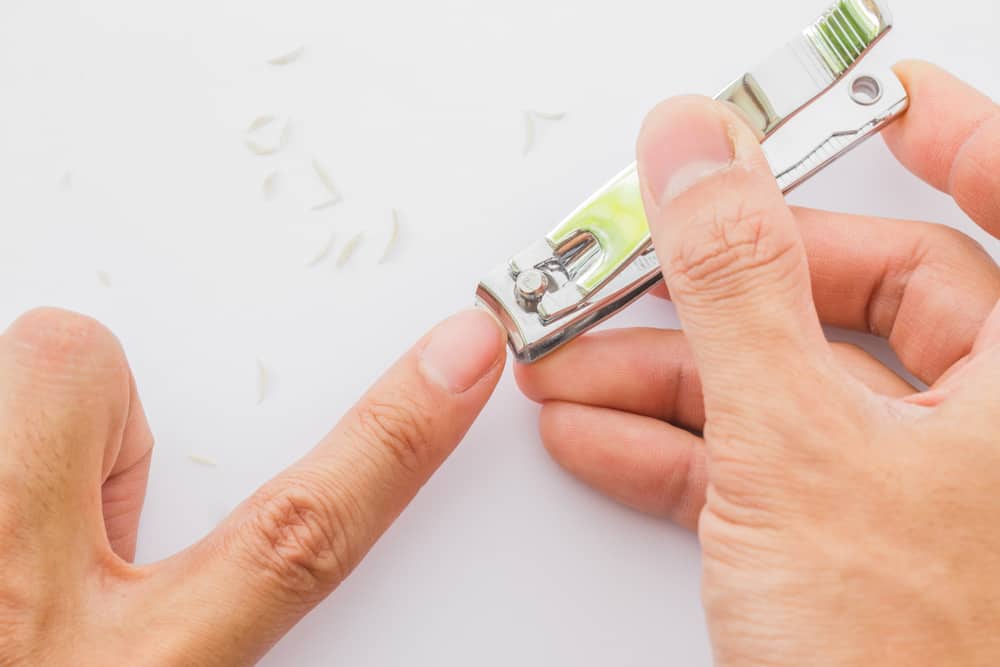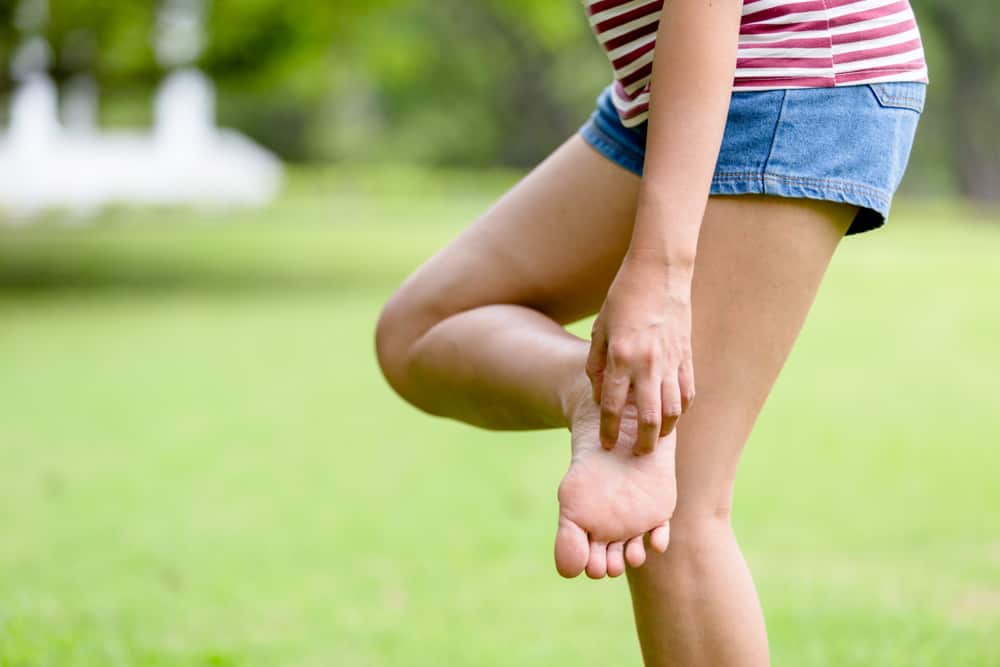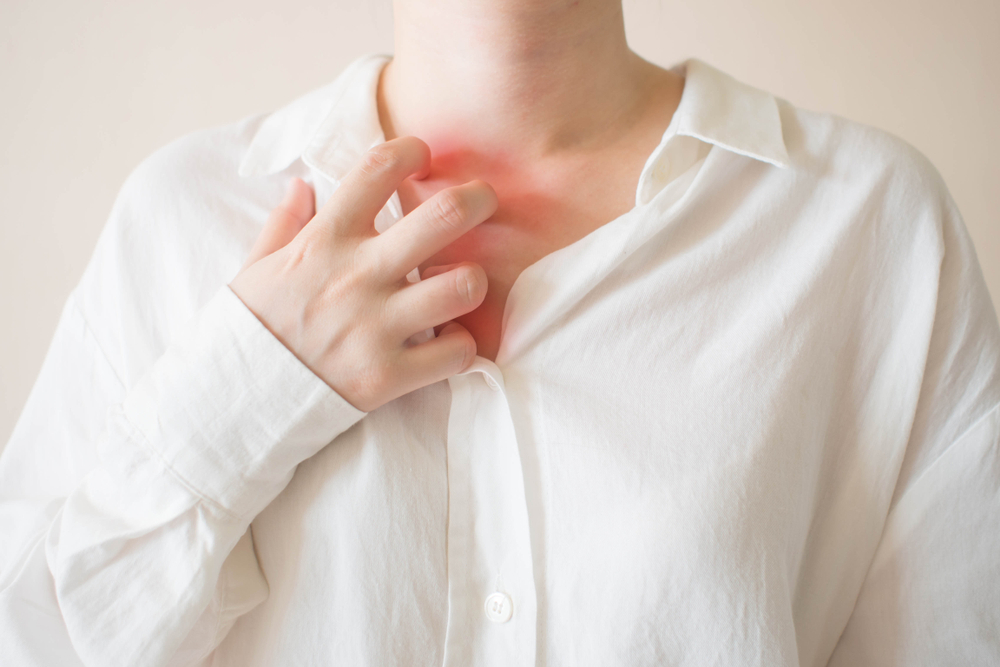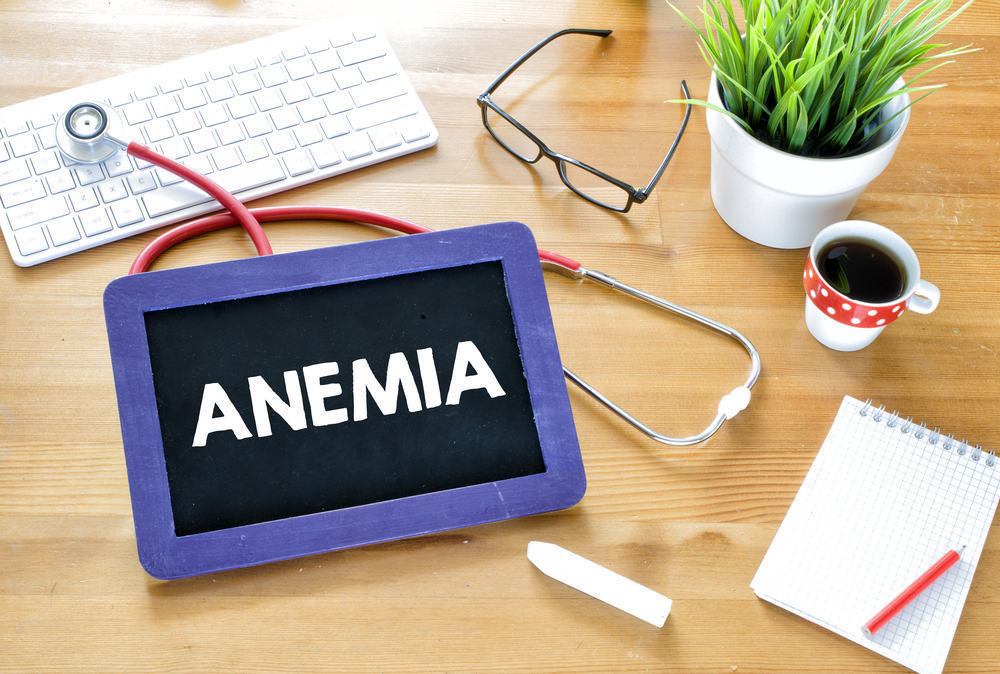Contents:
- Medical Video: High Blood Pressure – Take Control
- What are the causes of hypertensive retinopathy?
- Who is at risk for hypertensive retinopathy?
- What are the symptoms of hypertensive retinopathy?
- How can a doctor detect hypertensive retinopathy?
- Can hypertensive retinopathy be treated?
- Lifestyle changes
- Drugs
- Can hypertension retinopathy be prevented?
Medical Video: High Blood Pressure – Take Control
Do you have hypertension? Hypertension or commonly called high blood pressure, besides having an impact on damage to the heart, brain, and kidneys, can also cause vision problems in your eyes. This is known as hypertensive retinopathy.
Hypertension will damage the blood vessels in the retina, the back of the eye which functions as a catcher or light receptor for your vision. This eye damage can continue to become blind if your hypertension is not controlled.
What are the causes of hypertensive retinopathy?
The higher your blood pressure and the longer you experience the condition, the more likely you are to experience severe damage to your eyes.
When your blood pressure is high, the walls of the blood vessels in the retina will thicken, which causes blood vessels to narrow and blood flow to the retina to decrease. Over time, damage to the retinal blood vessels due to hypertension will damage the vision nerves, causing your vision problems, even causing blindness.
Who is at risk for hypertensive retinopathy?
You will be more likely to develop hypertensive retinopathy if you:
- Have high blood pressure for a long time
- Has heart disease
- Have atherosclerosis
- Often eat high-salt foods
- Has diabetes
- Smoke
- Have high cholesterol levels
- Excess weight
- Alcohol
- Stress
- Family history
What are the symptoms of hypertensive retinopathy?
You may not feel any symptoms until the condition you experience has become severe. Signs and symptoms that may arise include:
- Slow decrease in vision until blindness
- Swollen eyes
- Rupture of blood vessels
- Double vision is accompanied by a headache
Immediately go to the doctor if your blood pressure is suddenly high and changes in your vision occur!
How can a doctor detect hypertensive retinopathy?
The ophthalmologist can detect hypertensive retinopathy using an ophthalmoscope, a device that projects light to examine the back of your eyeball. The doctor will look for signs of retinopathy, including:
- Narrowing of arteries
- Spots on the retina or known as "Cotton wool spots"
- Swelling of the macula (the central part of the retina) and the optic nerve
- Bleeding in the back of the eye
Can hypertensive retinopathy be treated?
An effective treatment for treating hypertensive retinopathy is to lower your blood pressure with lifestyle changes and regular consumption of high blood pressure drugs.
Lifestyle changes
Consuming fruits and vegetables can help lower your blood pressure. Exercising regularly, reducing the amount of salt consumed, and limiting consumption of caffeine and alcohol are also good for maintaining your blood pressure.
If you are a smoker, stop immediately. If you have excess weight, losing weight is an effective way to control your blood pressure.
Drugs
There are many types of hypertension drugs. The choice of hypertension drugs to be taken must go through several considerations, such as your blood pressure level and drug side effects that may arise in you. You need a doctor's help in determining which hypertension medication is right for you.
Can hypertension retinopathy be prevented?
To prevent hypertensive retinopathy, you need to maintain blood pressure within normal limits, maintain optimal body weight, carry out a healthy lifestyle, exercise regularly and regularly, and take medication regularly as prescribed by your doctor.
In addition, regular control of the doctor is also an important key in maintaining your blood pressure and regular eye examinations can also detect early hypertensive retinopathy.

